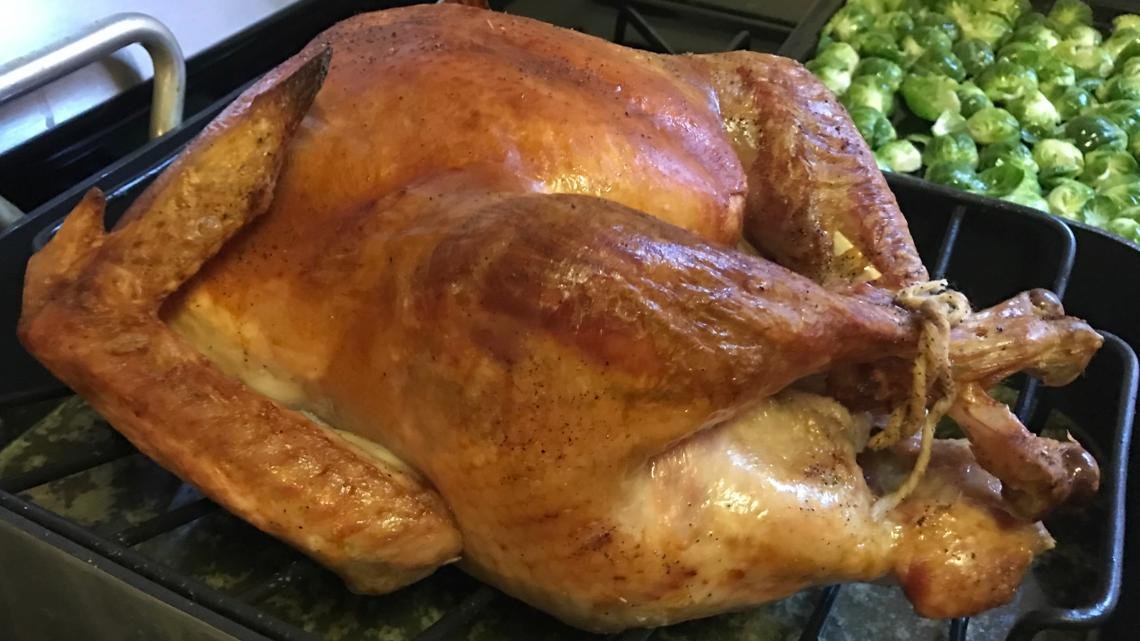cct-tracking
Master the Holiday Feast: Essential Food Safety Tips You Can’t Ignore

WASHINGTON — As the holiday season approaches, many Americans will transition from simple meals to elaborate feasts, a shift that significantly increases the risk of foodborne illnesses, according to the U.S. Centers for Disease Control and Prevention (CDC). Outbreaks of food poisoning, particularly from turkey, undercooked stuffing, and contaminated gravy, spike during November and December.
Donald Schaffner, a food science expert at Rutgers University, emphasizes the challenges posed by cooking large quantities. “Cooking takes longer with big masses of food. Cooling takes longer with big masses of food,” he explains. Schaffner, along with his podcast co-host Benjamin Chapman from North Carolina State University, has shared key tips for ensuring holiday meals are both festive and safe.
Approximately 90% of hosts plan to serve turkey on Thanksgiving, making it especially critical to handle raw poultry properly to prevent contamination from pathogens like salmonella and campylobacter. According to the Agriculture Department, thawing a frozen turkey requires careful timing—roughly 24 hours for every 4 to 5 pounds in the refrigerator. Methods such as microwave or cold water thawing necessitate immediate cooking afterward. Schaffner strongly advises against washing the turkey, as rinsing increases the risk of spreading bacteria in the kitchen.
To ensure the turkey is fully cooked, it should reach an internal temperature of 165 degrees Fahrenheit. A reliable digital thermometer, inserted in the innermost thigh area, is crucial. Chapman cautions against relying on conventional plastic pop-up thermometers, which may provide misleading results. Visual signs like golden skin or clear juices are also poor indicators of doneness.
Managing the rest of the meal is equally vital. Dishes such as mashed potatoes, gravy, and green beans should be promptly stored to avoid the bacterial growth “danger zone” between 40 and 140 degrees Fahrenheit. Schaffner recommends refrigerating leftovers within two hours of cooking and using shallow containers for storage to expedite cooling. His research indicates that this practice helps minimize the risk of dangerous bacteria developing.
The importance of cleanliness in the kitchen cannot be overstated. Thorough handwashing before food preparation and after handling raw poultry is essential. It’s advisable to utilize separate cutting boards and utensils for raw meats and vegetables to avoid cross-contamination. Ensure surfaces are cleaned with soap and water before sanitizing them with a disinfectant to fully eliminate harmful pathogens.

















